A personal atlas of alcohol
Before you get the wrong impression, this post is not about booze-filled nights from my backpacking days. It’s an anthology of anecdotes and memories, linked by a common theme: alcoholic beverages.
My discovery of different drinks parallels some important memories. These are what I’d like to share with you.
So let me take you from my childhood, all around the world and back home again.
In this brief autobiography, I’ll let the alcohol do the talking.
*
1. Cask wine: Australia, 1990s
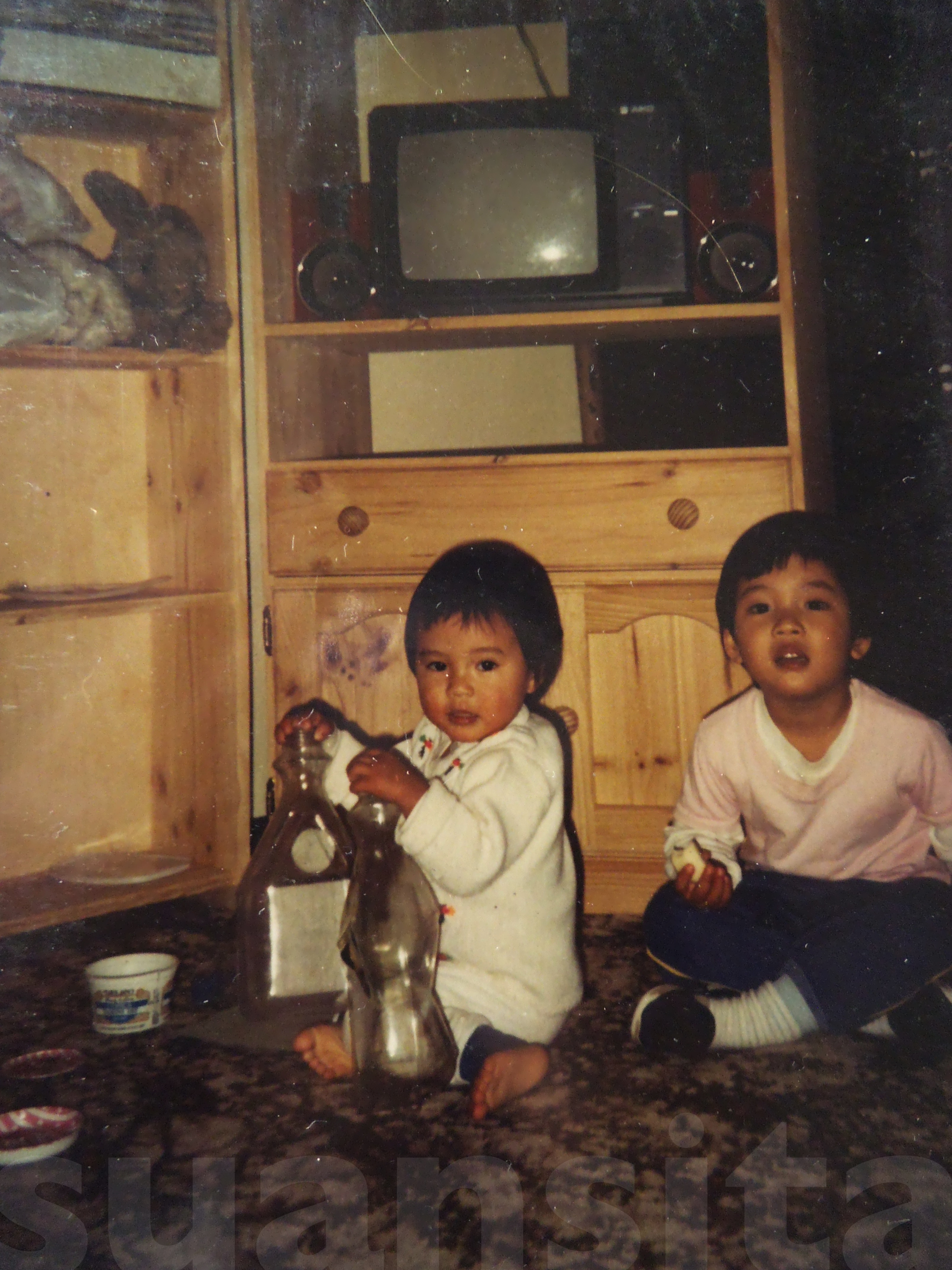
“Wild Peach Wine Cooler” was a family favourite growing up. It came in a five-litre white and salmon -coloured box, which Mum and Dad put on the kitchen counter. My sister and I helped ourselves.
To be honest, we probably liked this stuff more for the little tap on the cask than for the liquid that flowed from the nozzle.
Can I award gold stars to my parents? Because they deserve a bunch for not being precious about alcohol. This demystified booze for me – in high school I could say, “Yeah, well I’ve been drinking wine since I was, like, five years old.”
2. Port: Malaysia, 1990s

Port for me is family Christmases and drunken relatives (who shall remain anonymous) belting out Frank Sinatra classics.
We visited extended family in Malaysia every year or two when I was in school. These trips were full of food, shopping, Mortal Kombat and Warcraft I, tropical humidity, 7-Eleven slurpees and red envelopes of ang pow money.
3. Mimosa: Canberra, 2003
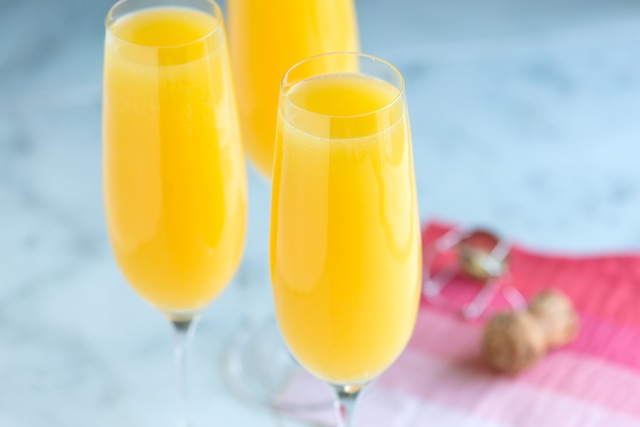
I was 16 going on 17 when I attended a wedding with an open bar. The champagne flowed and I (in)famously challenged a friend – male, and much taller and larger than me – to a drinking contest. Several glasses later, I was victorious. Thank you, mimosa!
I think I’m finally old enough to stop being proud of this. There are better ways to be a feminist. There are also better ways to have a go at your friends or demonstrate that you are a badass, but teenaged me thought this was genius.
4. Cuba libre: Madrid, 2008
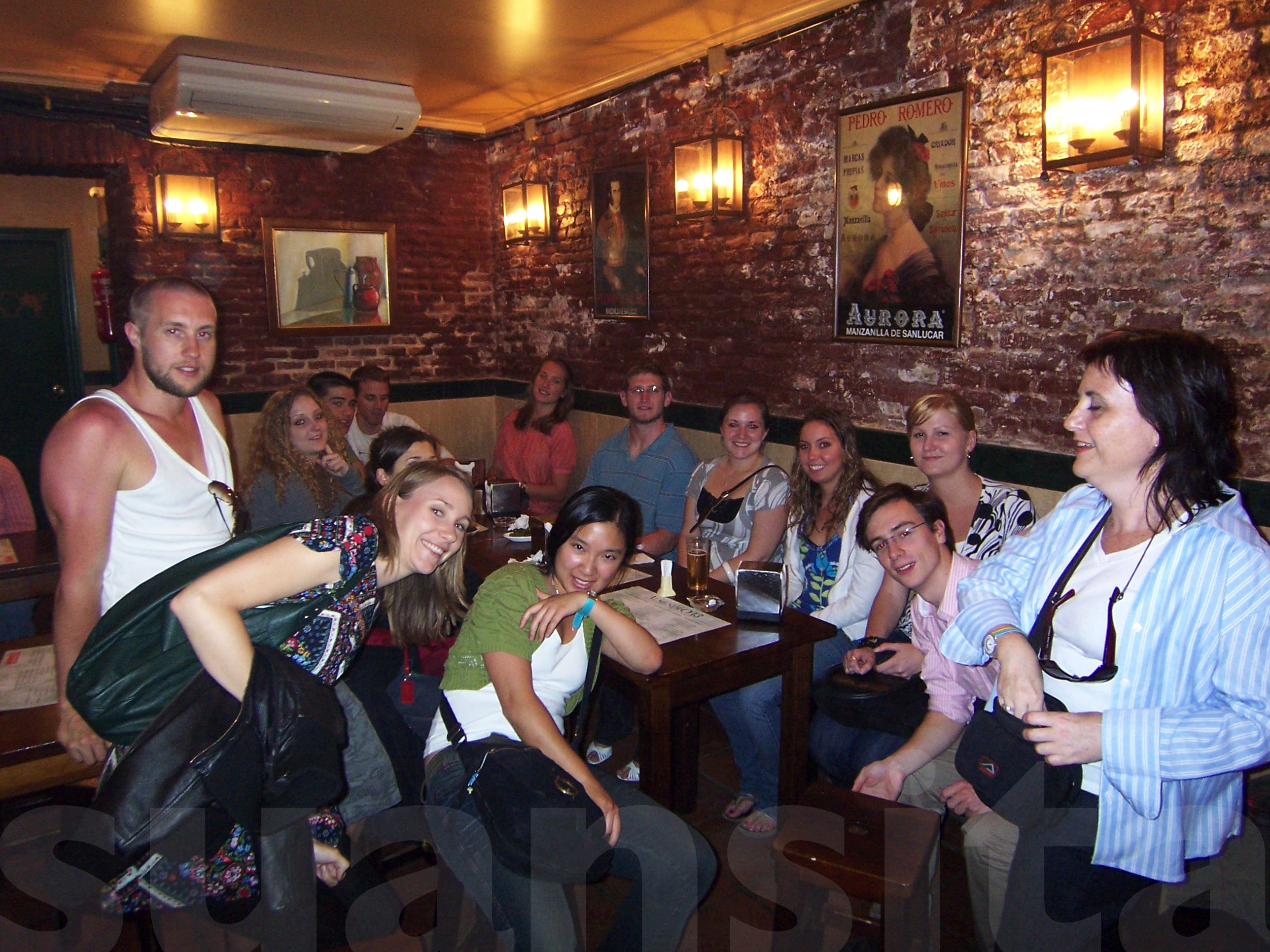
My semester abroad was my first independent trip. And sad to say, going to parties at bars and clubs was the main way of meeting people – though not so useful for making real friends. Back then, I was still an introvert and I really had to push myself to go to these things.
There were significant student discounts, and Spanish clubs had a (sexist) policy of offering free drinks for girls. I don’t remember my first cuba libre, but I do know that this cocktail was a staple of nights out. I learned to ask for it sin hielo (without ice) to increase my chances of getting more alcohol in my highball glass.
This is still my preferred basic cocktail. Most Australian bartenders give me blank stares when I request it, meaning I have to be the pretentious snob who explains that I want a rum and Coke with a twist of lime. Also, asking for no ice gets me zero benefit here.
5. Kalimotxo: Spain, 2008
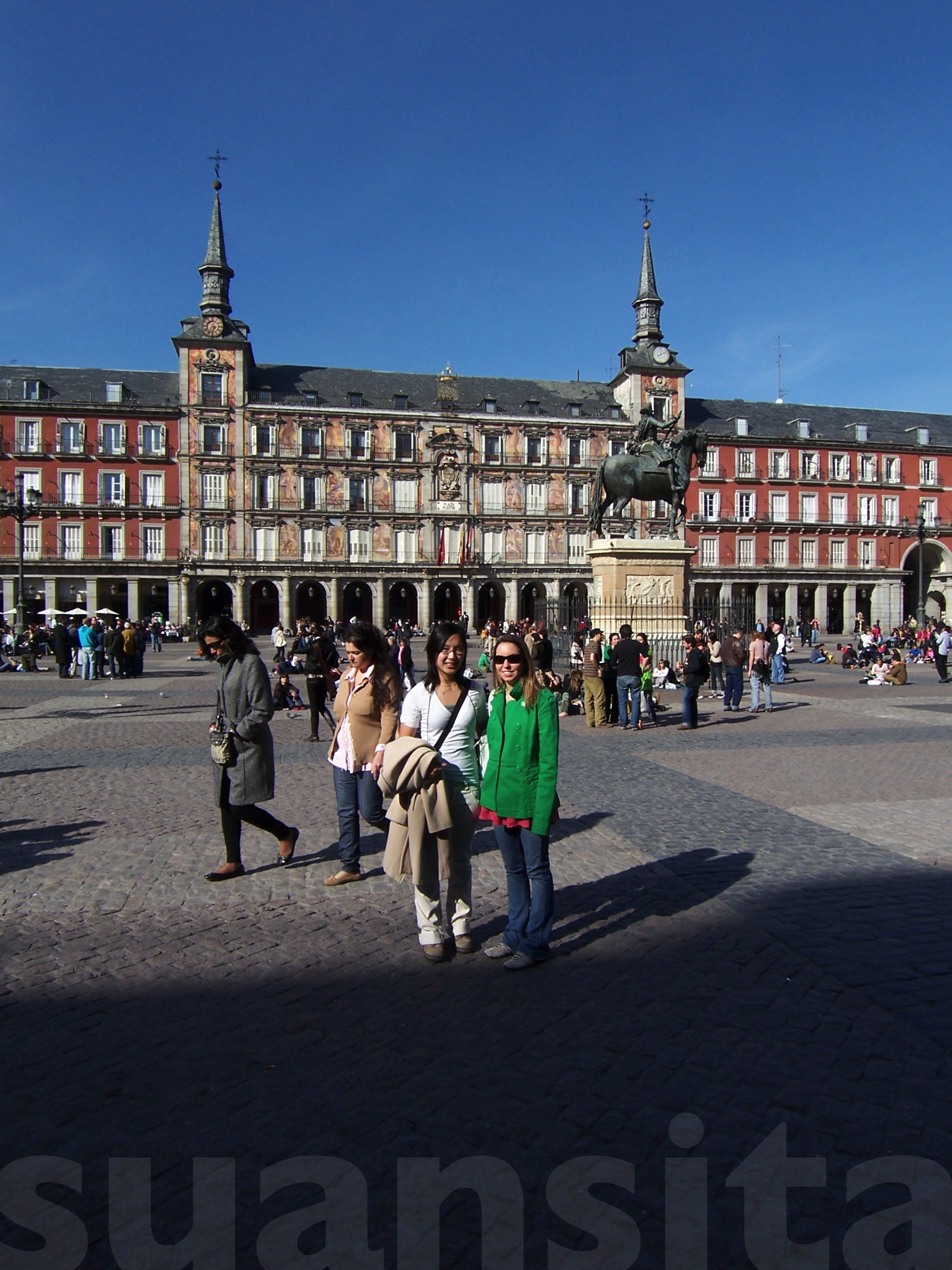
As an exchange student in Madrid, I studied philosophy, religion, literature and sociology, and this had a deep impact on the development of my faith.
It was also in Spain that I learned about the alchemy involved in creating kalimotxo. Equal parts red wine and cola, there is something sublime in the combination that smooths the edge off a bad tinto and redeems a flat Coke.
While the lasting impacts of this are not as profound as those that theology had on me, Spain also gets credit for changing the way I drink.
6. GNT: Timor-Leste, 2011

Timor-Leste for me is well-meaning twentysomething and thirtysomething expats trying to figure out their lives. For a month I was one of them, and ended up discovering a lot about myself.
I also discovered GNTs, thanks to a French dude called Nick. Good enough for old British ladies and good enough for a hip French aid worker – good enough for me.
7. Canelazo: Loja, 2011-13
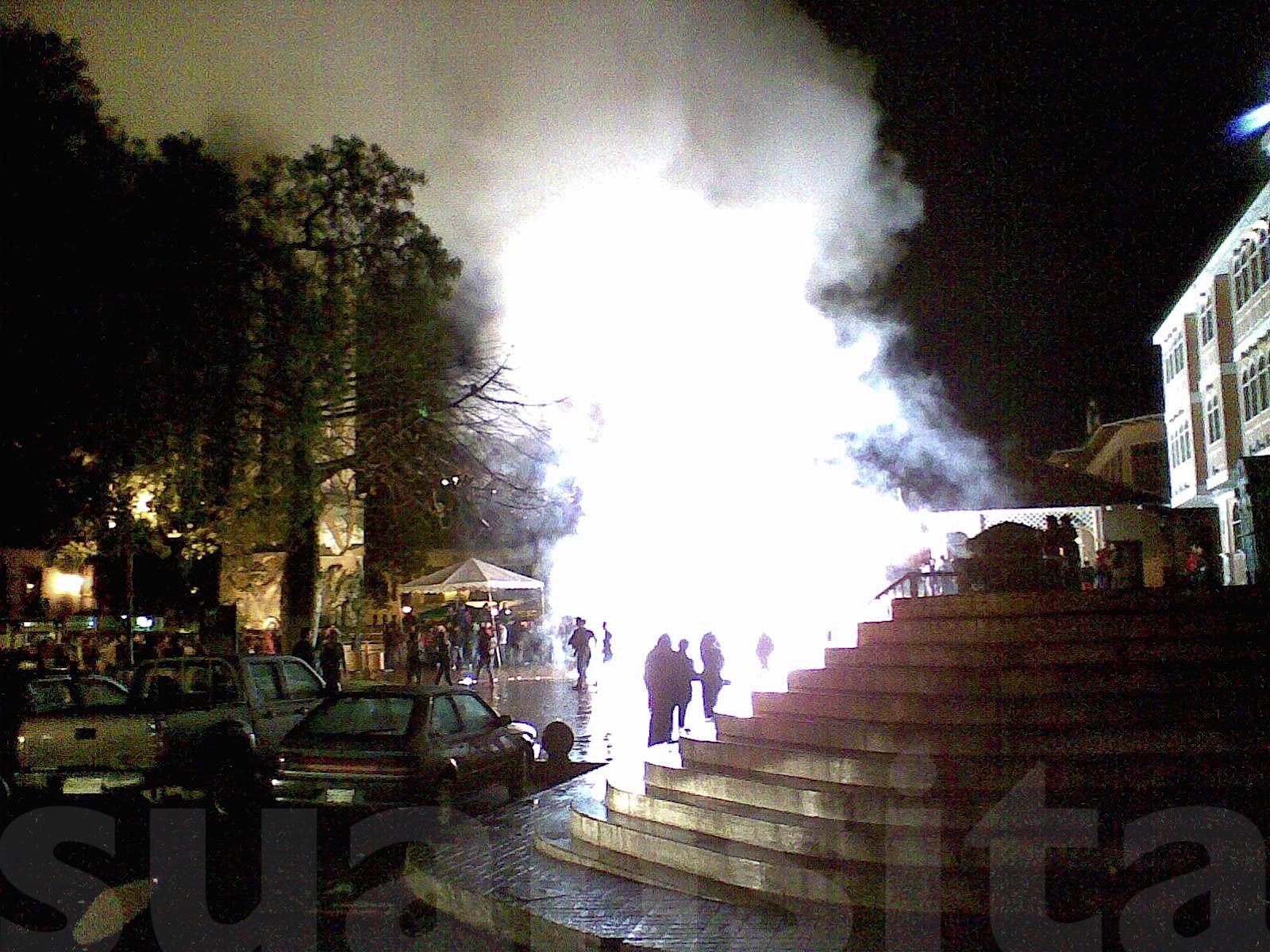
Cold nights are no barrier to being out in the plazas for one event or another – not when you’re in Loja in the Ecuadorian Andes and street vendors sell cups of fiery canelazo for $2. Full of canela (cinnamon) and citrus, this cocktail redeems the otherwise disgusting but ubiquitous aguardiente called Cantaclaro.
My work looked out over the iconic San Sebastián Plaza, where anything from religious processions to political rallies to high school performances and community expos are held.
8. Malbec: Argentina, 2012 and Chile 2014/2015
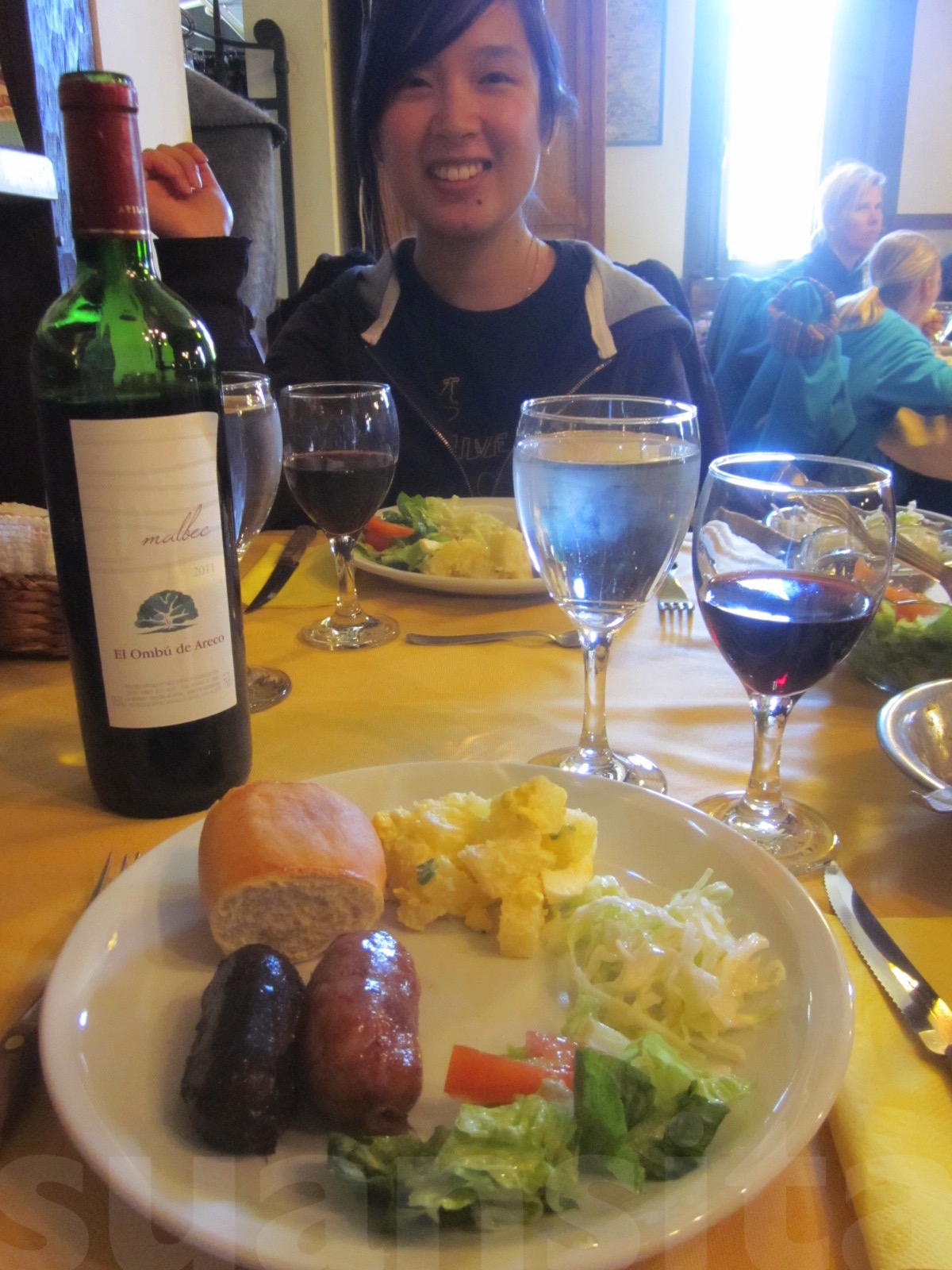
I didn’t get to any vineyards in Argentina, but I had a memorable experience spending a day out on an estancia (ranch). A morning of horseriding was followed by a delightful asado (barbecue) accompanied by a bottle of their own label of malbec.
Living in South America meant easy and cheap access to Southern Cone wine. If I ever missed a Tasmanian pinot noir, malbec was a more than satisfactory substitute.
And I’ll always choose an Argentinian malbec – tours of the Concha y Toro and Undurraga wineries in the outskirts of Santiago were well worth the time and money, but the wine itself didn’t impress.
For malbec: Argentina 1, Chile 0.
9. Pisco sour: Peru, 2012 and Chile, 2014
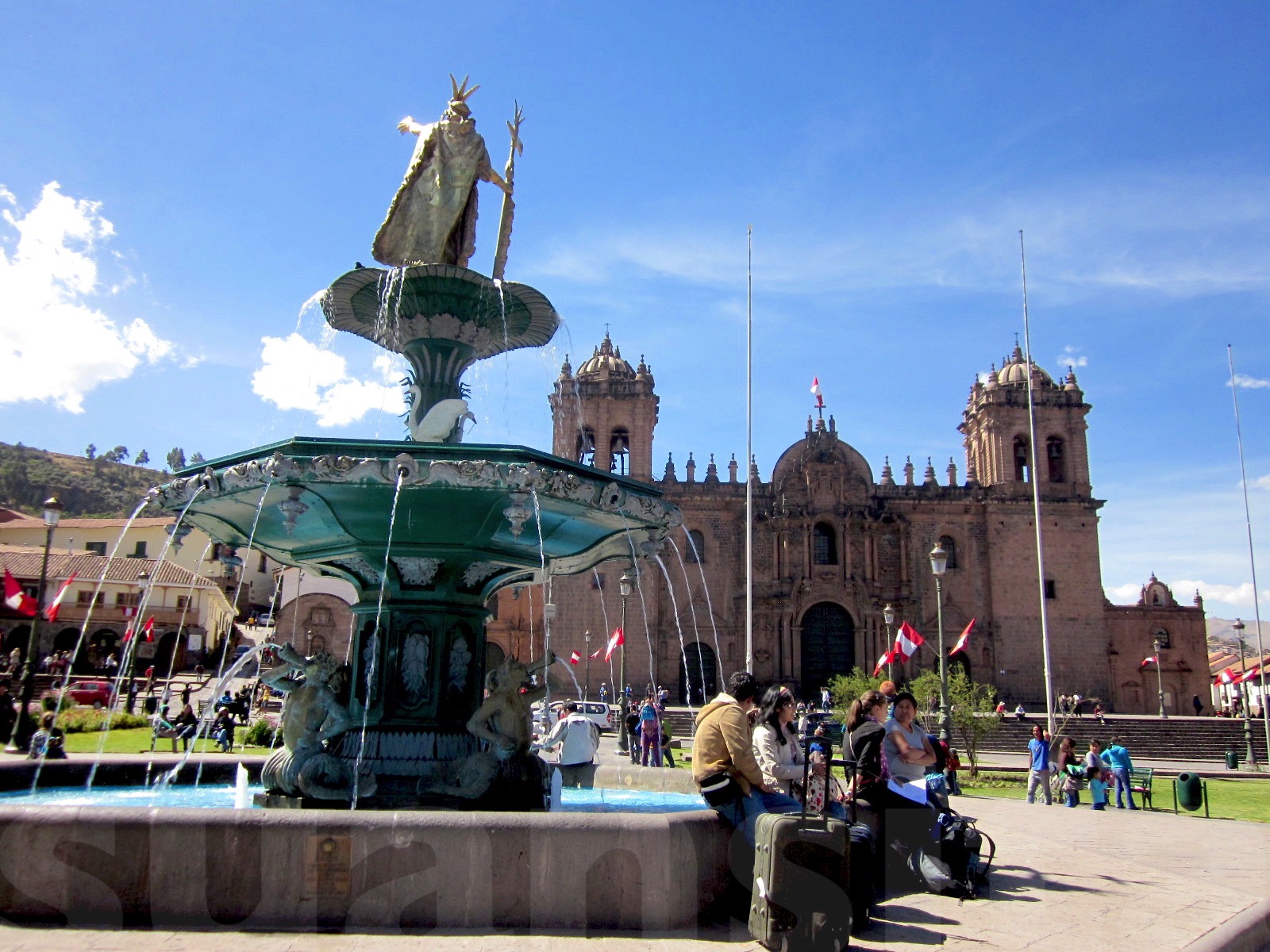
I recall peering through the plane window and seeing stretches of rolling hills below me, red and dusty like the outback – only I was on a whole other continent.
Cusco is where I had my first real taste of the invisible but repressive force that is altitude sickness. Even slight inclines seemed like Everest to me.
The hostel in Cusco advertised a complimentary glass of pisco sour, a sweet and delightful cocktail that Peru and Chile continue to fight over. It was a quiet night, so a Swedish couple and I, along with our host, had several glasses over an inappropriately-named game of dice.
Just what you want on your first day at altitude (not), but luckily I didn’t have any trouble the next day, making it out to Machu Picchu with no problems.
A couple of years later, I was in Valle de Elqui, where pisco was invented, according to the Chileans. It’s a prime spot for stargazing, and I’ll remember for a long while yet the night I saw Jupiter through a telescope and tried taking photos of stars on my DSLR – the night the tour guides served us store-bought, premixed pisco sour.
For pisco sour: Peru 1, Chile 0.
(Chile, you’re fantastic – but your booze just doesn’t do it for me).
10. Singani: Bolivia, 2014-15
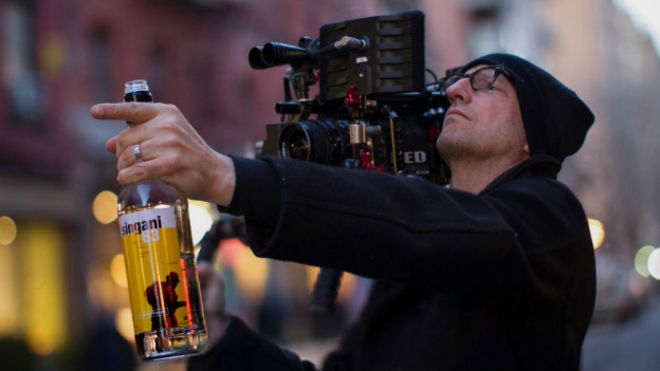
This is the pride of Bolivia, but I was disappointed. While I would recommend all of the drinks described thus far, I can’t say the same for singani.
Fortunately, I do have a positive singani-related anecdote. My friend Ángel is a fan of alt-reggae band Atajo, so we went to see them play at a bar in La Paz. The drink prices were ridiculous, and having whisky and singani as our most affordable options truly was being caught between a rock and a hard place. (Whisky really deserves its own chapter in this autobiography).
Dance-inducing tunes and beats made up for bad booze. It turned out to be a fun night, capped off by the guys from the band giving me a lift home in their truck.
11. Craft beer: Australia, 2016
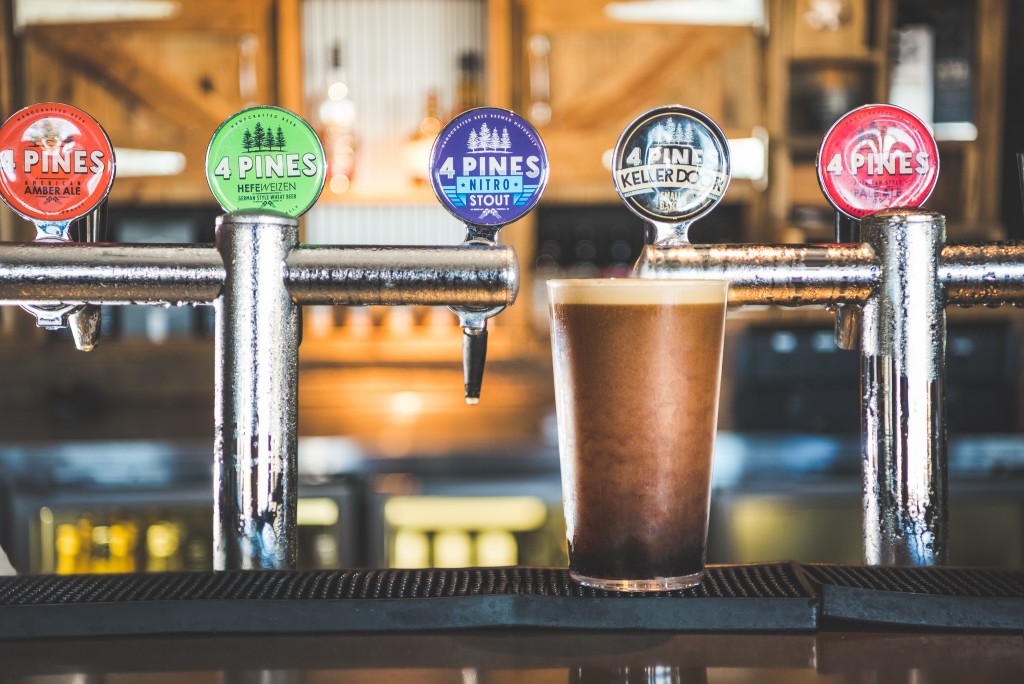
One of the best things about coming home to Australia is the vast array of affordable and delicious craft beer. You can still get a very decent $5 pint, if you know where to look.
I used to rave about European beer. Don’t get me wrong – I love Europe, and I love her beer.
But the secret ingredient of Aussie pride contained in a local beer on tap sure makes the schooner sweeter.
PS: I’d like to recommend Matt Goulding’s Gin and Tonic, A Love Story. It triggered my thinking for this blog post.
PPS: Whisky, fernet, michelada and vodka had some points to add but this post is already at 1,500 words.
PPPS:
Please drink in moderation, friends!
… because if there’s any lesson to be gleaned from this post it’s this: alcohol can and should be enjoyed responsibly.


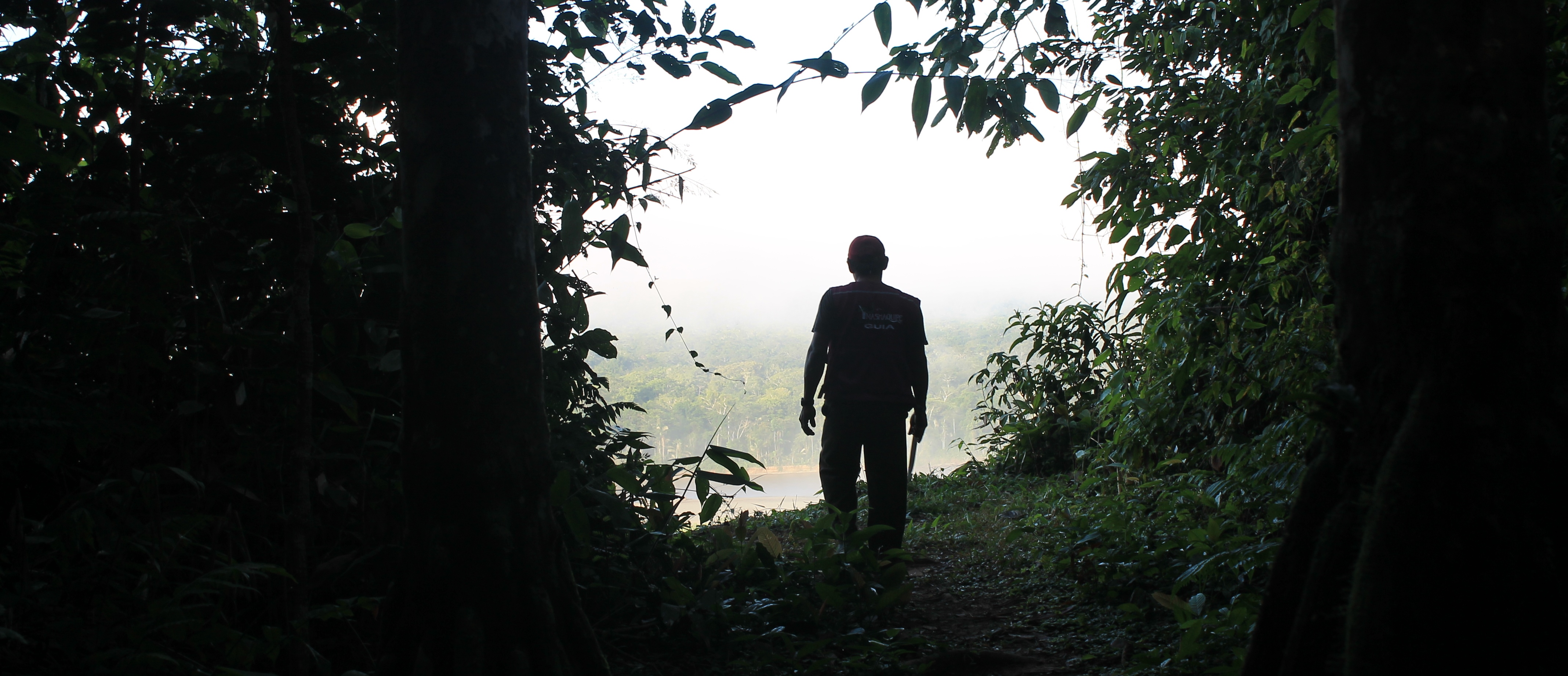

5 comments
Hello! I love Argentine Malbec! Flavour for $$$$-wise it has to be the best value red you can buy. In whites, I’d give that award to Clare Valley riesling or Hunter Semillon. As for Chilean Malbec … I prefer Chilean Cabernet over it, and Argentine Malbec over that.
If you are an Aussie craft beer fan, you should try making your own as the alcoholic beverage to tag for 2017. Aussie craft beer is pretty good, but there are a ton of styles from around the world that are rarely made locally, and are difficult to get a hold of at all, and even more so fresh and at an affordable price. With the huge range of malt, hops and yeast available to home brewers these days, you can conjure up just about anything! Just to name a few of my favourites … Belgian Dubbels, Trippels and Saisons, German Pilsners, Dunkels and Weizens, Czech Pilsners, English Bitters, IPAs, Old Ales, Porters and Stouts, American Pale Ales, Amber Ales, IPAs, Brown Ales and Porters. Yum yum!
What a great response – this is like a blog post in itself! I didn’t realise you were such a connoisseur of fine booze, Mr Williams 😛 I’m stoked that you agree with me on Malbec, but what really impresses me is your knowledge of beer. Wow. I haven’t really heard good things about home brew being anything more than a hipster fad, and I’ve only sampled a few glasses of the stuff, but if you are making the European and American brews you mention, I am definitely keen to try some! Can you PM me the location of and access code to your speakeasy, please? 😉